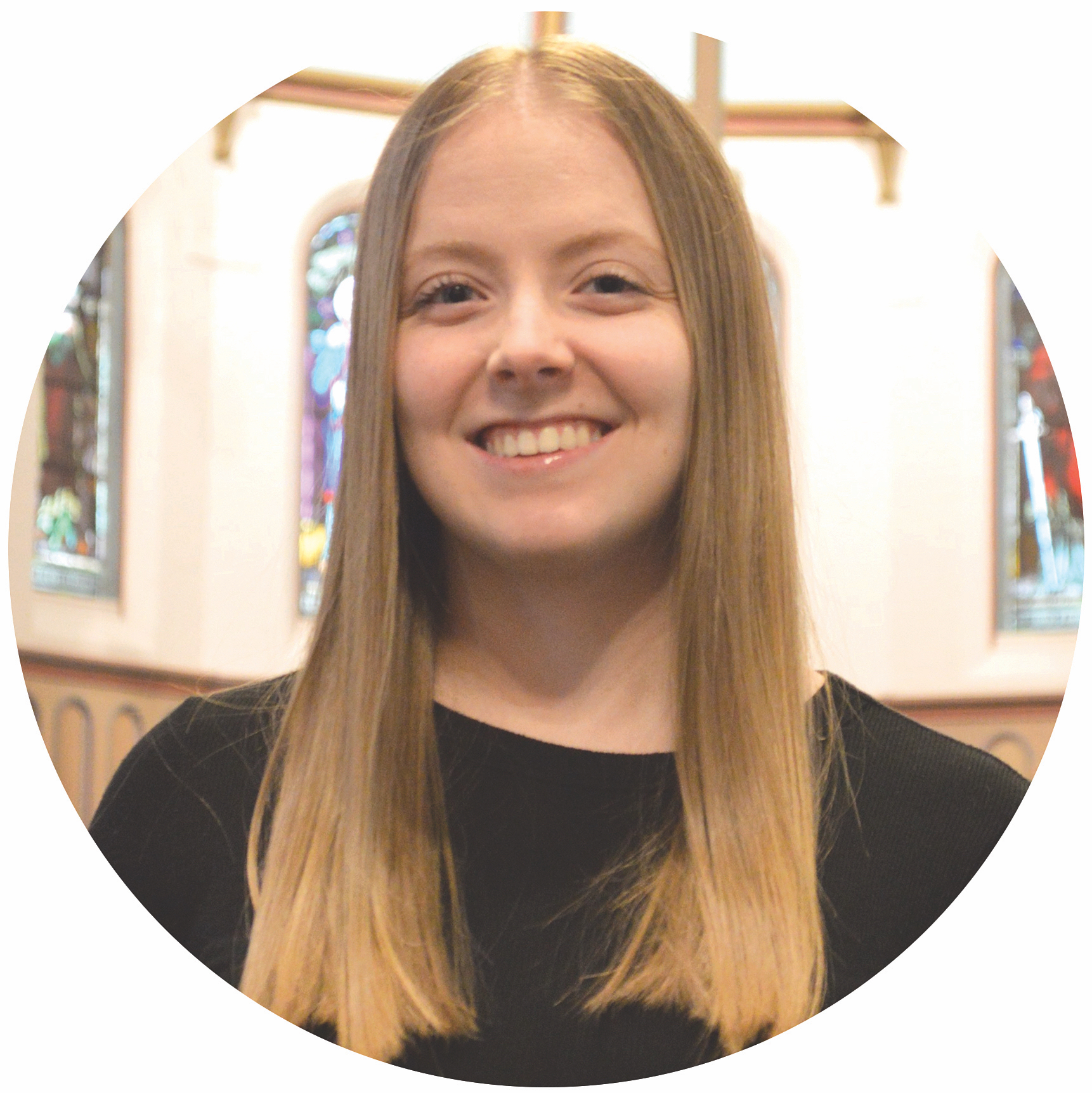On August 22nd, at 5:00pm, my husband and I went to Evensong at Westminster Abbey. It was a beautiful experience. Westminster Abbey is a fascinating church, not least because of the thousands of people buried and memorialized in its walls and floors.
Seeing these tombs and memorials reminded me that Christians of the past were so much more comfortable with death. In many ways they were more connected to the eternal truth of our faith. We walked over and sat on top of plaques announcing the final resting places of those people with enough privilege to claim a spot in the Abbey. As I thought of all the people throughout history who have done the same, I instinctively knew that where for us it was odd and slightly creepy, for them it made absolute sense.
To worship next to those people who had already begun the next part of their eternal life was to be ever reminded of the way all of us are connected through the body of Christ. Death was an event that witnessed to the eternal love of God. And burial within the church was a very visible reminder of how thin the veil between eternity and earth truly is.
There is something about the past’s understanding of death and our current understanding of death that interests me, but which I cannot quite put into words.
Our Christian culture seems to me to be disconnected from death. We do everything we can to avoid the reality of death. When somebody dies, we say they have “passed away.” When we hold a funeral service, we insist on calling it a “celebration of life.” We will do anything to put off processing loss. We will do anything to postpone accepting that a person’s earthly life has come to an end.
The people of the past seem not to have had these problems. They were surrounded by death each time they walked through the church doors. Death, though I’m sure still devastating, seems to have been front and centre in their theological understanding of the Christian life. And I have a suspicion it is because eternal life was at the centre as well.
Which leads me to my actual theory: That the more important disconnect comes in our disconnect from eternal life. I think we have lost the balance between the now and the not yet, between this world and the next. We have become so enthralled with our earthly lives that our eternal identity is out of reach. But maybe we have never had a balance. Maybe the past was too obsessed with the life to come and neglected what was right in front of them.
As a religion, we have always strayed too far one way or the other. And we will perhaps never get it right. I do not have any answers for this predicament. I don’t know how to fix it or if we need to. But I do know that worshipping in that place reinforced for me something about this faith that we cling to. When Jesus says, “do not be afraid,” it is the truth. We do not need to fear death. Our own or its presence in our lives. Because Christ has conquered it. And we are saved.


